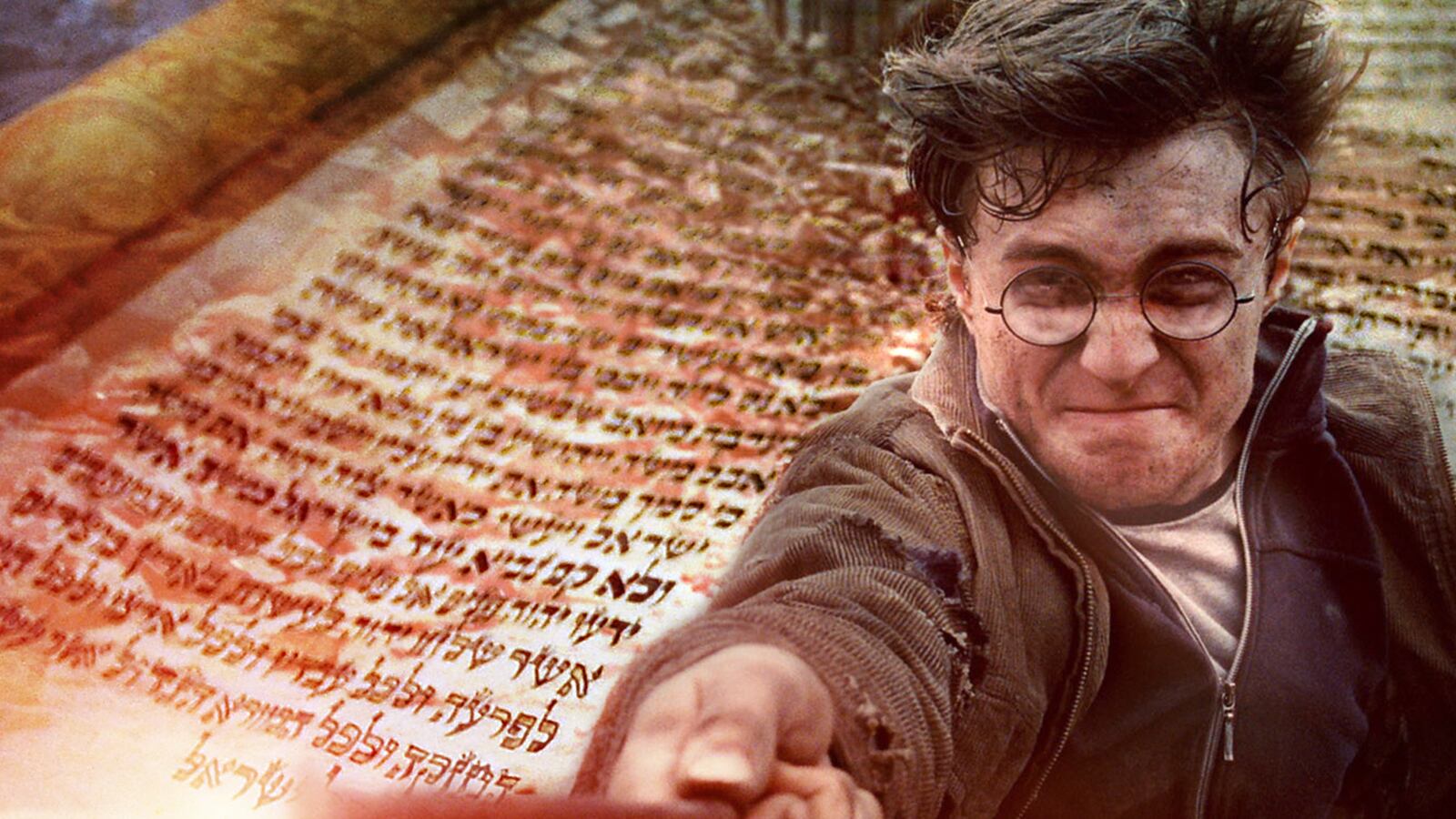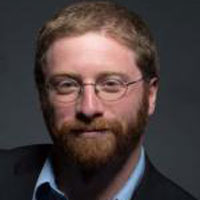Back in December, and just in time for Hanukkah, J.K. Rowling revealed via Twitter that there were Jewish wizards at Hogwarts. Replying to a fan, she wrote, “Anthony Goldstein, Ravenclaw, Jewish wizard.” The revelation prompted a flurry of curious questions from Rowling’s nearly 4 million twitter followers. Rowling followed up her initial statement by clarifying both that Anthony was not the first or only Jewish student and that all religious groups were present at Hogwarts: “To everyone asking whether their religion/belief/non-belief system is represented at Hogwarts: the only people I never imagined there are Wiccans.”
This isn’t the first time that Rowling has made news using the—forgive us—imaginary world of the Harry Potter novels to celebrate cultural diversity and progressive social values. In 2007, Rowling let Dumbledore out of the closet when she announced that everyone’s favorite sorcerer headmaster is (spoiler: was) gay.
That Rowling can continue to use Harry Potter to offer social commentary on the Muggle world years after completing her series is testimony to the appeal of her creation. She is currently developing a screenplay for Fantastic Beasts and Where to Find Them, a Potter movie spinoff based on a textbook mentioned in the series, and continues to delight fans with revelations about the backstories of her characters.
But the post facto information about the personal histories and cultural identities of the individual students at Hogwarts feels slightly awkward. Whatever stories they came in with, it seems, didn’t affect their behavior or personalities at all. These identity markers are just labels, rather than actual parts of their character’s lives. If they were meaningful, we might have realized it before—surely one of these kids wore a cross, or a yarmulke, or a hijab? When did the school celebrate Anthony Goldstein’s bar mitzvah?
What’s more, some fairly standard religious beliefs and practices might have been somewhat at odds with the very notion of being at a school for wizards. We can take as an example our Jewish friend, Anthony. (His mother insists that he be called “Anthony.”)
The Hebrew Bible is pretty clear on this: “A man or a woman who is a medium or a wizard shall be put to death,” it says in Leviticus. That would seem to rule out the entire enterprise. Deuteronomy is more specific: “No one shall be found among you who … casts spells” (everyone at Hogwarts, if you count what Neville Longbottom produces as “spells”), “who consults ghosts or spirits” (no more chatting with Nearly Headless Nick), “or who seeks oracles from the dead” (talk to your parents much, Harry?).
Which is as much to say that observant Jews probably wouldn’t be allowed to attend Hogwarts, even if they were allowed to skip Saturday’s Quidditch practice. So while Rowling’s inclusivity may be well-intentioned in theory, it falls down somewhat in practice.
To be fair, though: the biblical injunction against consulting wizards wasn’t intended to deny the power of magic in the world. Quite the opposite: the Bible recognizes that you can get your glimpses into the future from multiple sources, and the Bible wants to thank you for choosing the God of Israel for all your predictive needs. It’s precisely because consulting ghosts works that it is forbidden, as King Saul knew well when he raised the ghost of the prophet Samuel. (Who promptly foretold the king’s imminent death.) There is, fortunately, not too much telling of the future in Harry Potter. Some time travel, and some reviewing of stored-up memories, perhaps, but these are more at odds with Black Mirror than with the Bible.
Beyond soothsaying, magic—or at least what looks like magic from our modern standpoint—is actually a common feature of Judaism, from the Bible onward. The Talmud is full of incantations, charms, amulets, and demons to be warded off. Even today one of the most popular tourist items to purchase in Israel is the hamsa, the upside-down hand that was originally intended to ward off the evil eye (a tradition that moved from Islam to both Judaism and medieval Christianity).
In the end, the line between magic and religion may be something of an artificial one. Since the 19th Century, magic has been defined as primitive, coercive, and instrumental in distinction to “real” religion, but these distinctions break down once we start to look religious rituals and praxis. And, orthodoxy of various sorts aside, it might well be possible for a self-identifying person of faith to participate in the wizarding world. Hogwarts is a mirror of modernity. Anthony Goldstein probably chose a trip to the Quidditch World Cup over his Birthright trip to Israel. Plenty of Jewish kids today grow up with a Christmas tree next to their menorah. In much of the western world, religion is increasingly a background feature of individual identity, merely part of one’s heritage, rather than the determining factor for one’s behavior. Maybe—biblical injunctions aside—Rowling’s multiculturalism is right on the money.







